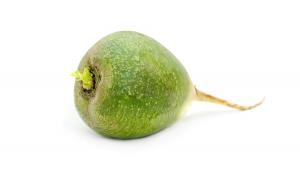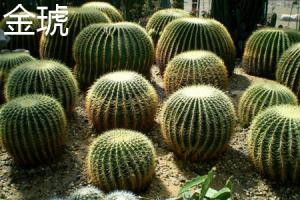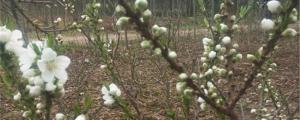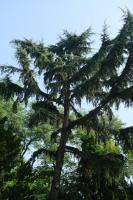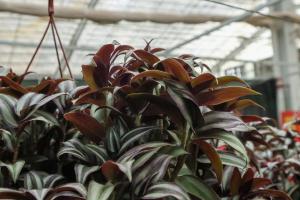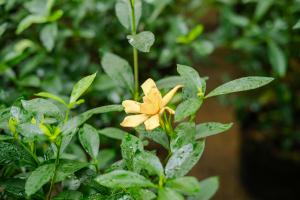Which Palm Trees are Safe to Plant?
Palm trees are a popular choice for landscaping due to their exotic appearance, ability to thrive in warm temperatures, and low maintenance requirements. However, not all palm trees are safe to plant in certain areas. Some palm trees can cause damage to property, and others may be invasive and harm the local ecosystem. Therefore, it is important to understand which palm trees are safe to plant in your area.
Consider Your Climate Zone
The first step in determining which palm trees are safe to plant in your area is to consider your climate zone. Palm trees thrive in warm temperatures and can be found in tropical and subtropical regions worldwide. However, certain palm trees are better suited for specific climates. For example, the Christmas Palm is well adapted to USDA hardiness zones 10-11, while the windmill palm is hardier and can survive in zone 7-11. It is important to research which palm tree varieties will thrive in your climate zone to ensure their success.
Check for Invasive Species
Many palm trees are considered invasive and can harm the local ecosystem. Invasive palm trees can spread quickly, outcompete native species, and disrupt the balance of the local environment. Before planting a palm tree on your property, check to see if it is considered invasive in your area. The state department of agriculture or local conservation group can provide a list of species that are invasive in your region. Some examples of invasive palm trees include the Chinese windmill palm and the Queen palm.
Consider the Size at Maturity
Palm trees can grow to be large and imposing. Some varieties can reach over 100 feet in height and have a spread of 30 feet or more. It is important to consider the size at maturity of the palm tree you plan to plant to ensure that you have enough space and that the tree will not cause damage to nearby structures or power lines. Some smaller varieties, such as the Lady Palm and the Pygmy Date Palm, are better suited for smaller spaces and can be planted closer to buildings.
Beware of Thorns and Fruit
Some palm trees, such as the Date Palm, have thorns that can cause injury to people or pets. Others, like the Queen palm, produce large quantities of fruit that can create a mess and attract pests. Before choosing a palm tree to plant, consider whether the plant's thorns or fruit pose a danger to your property or those around you. Some varieties, like the Canary Island Date Palm, have been bred to produce fewer sharp thorns, making them a better option for planting in residential areas.
Conclusion
When considering which palm trees are safe to plant, there are several important factors to take into account, including climate zone, invasive species, size at maturity, as well as thorns and fruit. By doing your research and selecting a palm tree that is well suited for your area, you can enjoy the exotic beauty of these plants without causing harm to your property or the local ecosystem.

 how many times do yo...
how many times do yo... how many planted tre...
how many planted tre... how many pine trees ...
how many pine trees ... how many pecan trees...
how many pecan trees... how many plants comp...
how many plants comp... how many plants can ...
how many plants can ... how many plants and ...
how many plants and ... how many pepper plan...
how many pepper plan...
